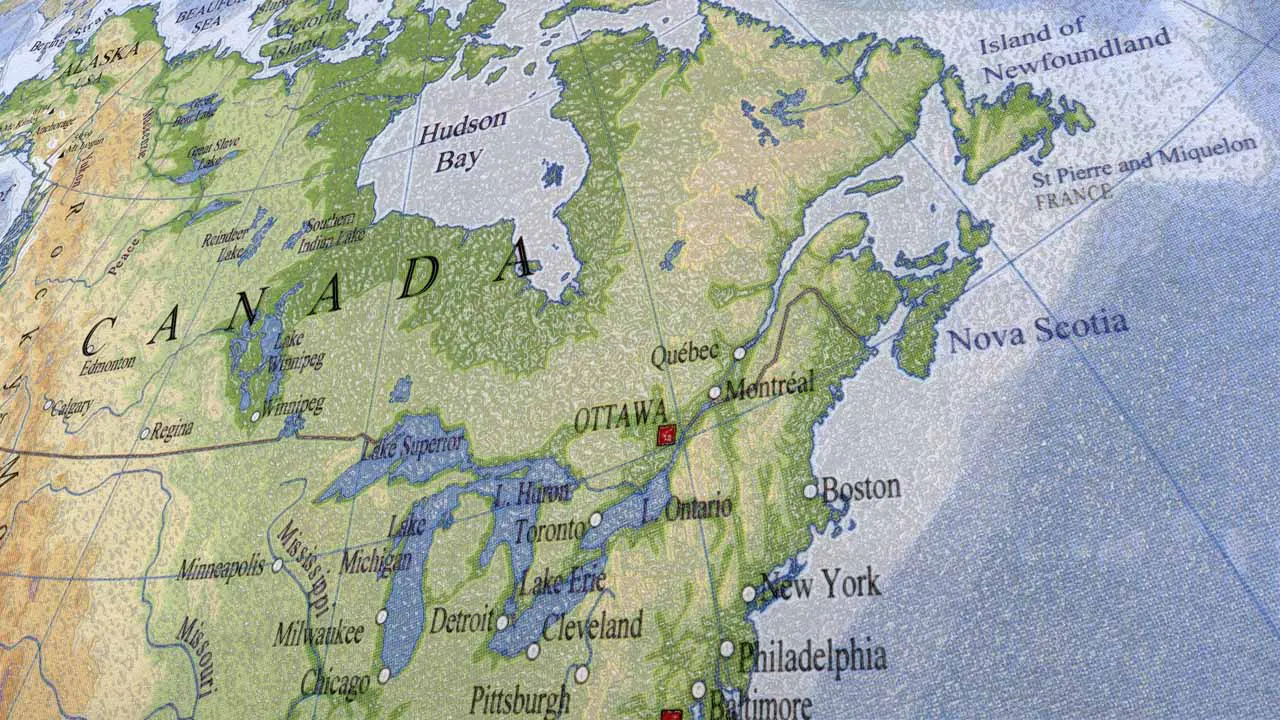Long-awaited Canadian regulatory updates to create a more robust research climate for marijuana and increase the amount of cannabis-infused beverages that can be purchased at any one time have come into effect.
Federal cannabis regulator Health Canada announced in a Dec. 9 news release that the changes took effect one week earlier, on Dec. 2.
The government did not answer MJBizDaily’s questions regarding the delay.
The regulatory amendments increase the public possession limit for cannabis beverages to 17.1 liters (578.2 fluid ounces), equivalent to 48 standard-sized 355-milliliter beverage cans.
The previous regulations effectively limited beverage purchases to about five standard-sized cans.
Health Canada previously said the change “would correct an unintended consequence of the current equivalency, which restricts the possession and sale of beverages to a greater extent than other forms of cannabis.”
“Existing controls that mitigate the risks of overconsumption and accidental consumption, such as child-resistant packaging and strict limits on the amount of THC per container, remain in place,” Health Canada noted in its Dec. 9 release.
George Smitherman, CEO of industry group Cannabis Council of Canada (C3), said the update was years in the making.
“This is a very significant victory and right along the lines of what we’ve been pressing for,” he said.
“We’ve been engaged on this issue since I first arrived here in 2020.”
The amendments also change how Health Canada regulates nontherapeutic cannabis research involving human participants.
A summary of the change says it “(exempts) nontherapeutic research on cannabis involving human participants from clinical trial requirements, where that research is conducted under a cannabis research license.”
It also “(allows) analytical testing license holders and government laboratories to produce, distribute, and sell reference standards and test kits.”
Health Canada said the change would make it easier to conduct such nontherapeutic research “while still maintaining appropriate public health and safety controls.”
Under the approved changes, researchers can use cannabis that is compliant with Good Production Practices (GPP) rather than relying on Good Manufacturing Practice (GMP)-compliant marijuana.
A relatively small percentage of cannabis in Canada is produced according to GMP standards.
“This creates the regulatory conditions for a nontherapeutic testing regime, which creates perhaps a more cost-effective way to be able to do research,” C3’s Smitherman said.
“We hope it’s the precursor to the conditions for communications with consumers about things like product attributes, which is a big focus of ours in the statutory review.”
The regulatory changes were first disclosed through Orders In Council last week and will be officially published in the Canada Gazette, Part II, on Dec. 21.




